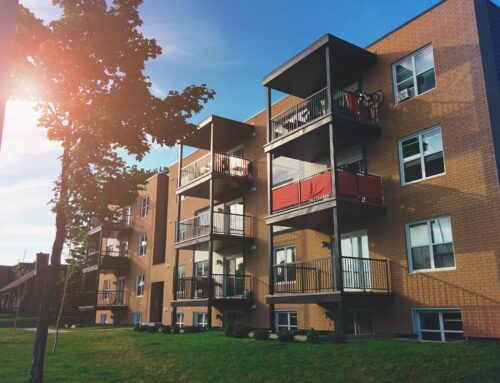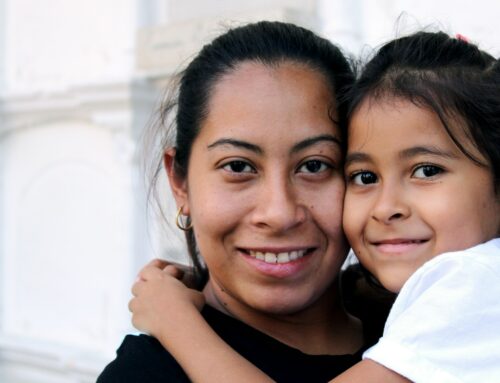Following the passage of the Hong Kong national security law by the Chinese Communist Party in June 2020, Canadian Prime Minister Justin Trudeau joined other world leaders in denouncing the Chinese government’s act of aggression. Even as Beijing accused Canada of interference and threatened to retaliate, Trudeau has maintained a position of strong support for the people of Hong Kong. In a speech on Friday, July 3, the Liberal Prime Minister told reporters that Canada is looking for ways to welcome more immigrants from Hong Kong.
Canadian relations with Hong Kong
Canada and Hong Kong have long enjoyed a very friendly and cooperative relationship. Thousands of immigrants flocked from Hong Kong to Canada back in the 1980s and 90s, in the years leading up to the territory’s transfer from British to Chinese rule in 1997. As former territories of the British Empire, Canada and Hong Kong both belonged to the Commonwealth of Nations, along with about 50 other member states.
According to the 2016 census, there were about 215,000 Hong Kong born residents living in Canada. This does not even include the thousands of Canadian children born to first generation Hong Kong immigrants. Canada welcomed another 1,500 new permanent residents from Hong Kong in 2019 and 2018, and nearly 500 more in the first half of 2020. The COVID-19 pandemic has slowed immigration, but numbers should return to normal, or higher than normal, as the crisis subsides.
Strained relations with China
Prime Minister Trudeau was immediately very critical of China’s actions to clamp down on Hong Kong in June. Additionally, Canada Foreign Minister Francois-Philippe Champagne accused Beijing of taking “a significant step back in terms of freedom and liberty” with the passage of the national security law, which was done in a “secretive” way.
China quickly responded by threatening Trudeau and advising Canadians to mind their own business. In a statement from the foreign ministry, China said that Canada had “seriously violated international law and basic norms governing international relations, and grossly interfered in China’s internal affairs.”
But Trudeau held his ground and refused to back down. He has even gone so far as to suspend Canada’s extradition treaty with Hong Kong and to restrict sensitive exports to the disputed territory.
“We are extremely concerned about the situation in Hong Kong,” Trudeau said in a press conference on July 3. “We will continue to look at responses, working closely with our allies.” In the meantime, Canada is halting shipments of some military items to Hong Kong and treating exports of other sensitive goods as if they were destined for mainland China.
These rising tensions come on the heels of already strained relations between China and Canada. In December 2018, Canada detained Huawei chief financial officer Meng Wanzhou at the request of the United States. In response, China arrested two Canadians on spying charges, former diplomat Michael Kovrig and businessman Michael Spavor.
Immigration options from Hong Kong
The Immigrant Investor Program (IIP) was once the most popular method for Hong Kong nationals to immigrate to Canada. Canada cancelled that program in 2014, but there are still a number of options available.
A preponderance of the pro-Hong Kong activists are young people and students. They will find their best path to Canadian immigration by applying for a Study Permit. The Immigration, Refugees and Citizenship Canada (IRCC) approved more than 400,000 Study Permits for international students in 2019. Toronto, Montreal and Vancouver have some of the most highly ranked colleges and universities in the English-speaking world, and with far lower fees and tuitions than in the United States.
Attending school in Canada is one of the best ways to get your foot in the door as a permanent resident. Once you’ve earned a degree or spent a couple years in the country as a student, it’s not difficult to extend your stay in Canada through one of IRCC’s other immigration programs. Young people who have already completed their studies can also come to Canada as a temporary residents through one of the International Experience Canada (IEC) programs.
The Federal Skilled Worker Program (FSWP) is another popular path to permanent residence. Canada uses a point system to access the eligibility of applicants, looking at factors like age, education, and work history. It’s also advantageous to have a job offer in Canada, but not essential. Canada’s Express Entry Program processes applicants for the FSWP as well as the Federal Skilled Trades Program (FSTP), and calculates each candidate’s points through the Comprehensive Ranking System (CRS).
Those who already know where they want to move in Canada may have better luck through one of the Provincial Nominee Programs (PNP). Each province of Canada has its own variety of immigration streams, designed to attract foreign workers with specific skills and work experience. These often offer the most flexible paths to immigration, and they usually run through the point-based Express Entry Program.
Finally, the Family Class Visa is an excellent option for those who already have relatives living in Canada. Foreign nationals who have children or parents living in Canada as citizens or permanent residents can be sure to qualify for a Family Class Visa.
Additional resources
For more than 20 years, ARIANNE Relocation has been helping students, families and professionals relocate and get settled in Canada. We help our clients search for housing, select schools, and navigate the bureaucracy of their new land. Visit our website to learn more about our personalized relocation services and our unique Online Relocation Guides for Canadian cities. You might also find the following articles helpful.
PHOTO CREDIT: Hong Kong, a city in turmoil (Unsplash)







Leave A Comment